(0:00 - 1:45)
In 1995, Quebec came within 55,000 votes of leaving Canada. If you're over 50, you likely remember the Quebec referendum. All of us, across Canada, waited to see if our nation was about to split apart.
While Canada, in its current form, has only existed since 1949, when Newfoundland became the 10th province, or if you want to be very sticky with your history, only since 1999, when none of it split off from the Northwest Territories, Quebec was one of the original four provinces that formed the Confederation in 1867. And so all of Canada watched with bated breath to see if a 130-year-old country was about to fall apart. And now, 30 years later, Alberta is talking independence.
Polls show that 52% of Canadians take this talk seriously. And the most recent poll in Alberta itself has 36% of Albertans ready to go it alone. And while 36% is not the required 50% plus one, a little more history puts that figure in perspective.
A month before the 1995 Quebec referendum, polls showed 39% of Quebecers favoring independence. But over the following month, that figure grew to 47%. And then, on the day of the referendum itself, 49.4% of Quebecers voted in favor.
It was that close. Alberta stands at 36%. But a referendum there could be as much as a year away.
(1:46 - 5:25)
Plenty of time to sway the undecided. Time for Mark Carney's globalist green energy policies to continue to cost the Alberta oil and gas sector. To continue to anger a province which, since the inception of Pierre Trudeau's national energy policy, has seen tens of billions of dollars every year flow eastward, while Western concerns have been ignored by Ottawa.
Jeffrey Rath, a constitutional lawyer, is a central figure in Alberta's independence movement. He joins me today to explain what Albertans are so angry about, and to express his opinion that not only will there be a referendum, but this time, it will mean the end of Canada as we know it. Jeff, welcome to the show.
Thank you. Thanks for having me on. It's going to be a real interesting discussion.
For our viewers who don't know your past, you have been a lawyer for 30 years. You've been involved in some of the biggest cases pushing back against the government overreach, especially in the last few years. Most famously, the Ingram case here in Alberta, which resulted in the courts deciding that the lockdowns in Alberta were illegal.
To my knowledge, the only province where that has happened so far. And now, in recent years, you've also been heavily involved with the Alberta Prosperity Project, which is pushing for greater sovereignty for Alberta, and quite possibly, secession. We've elected this guy that thinks that capitalism has to be stopped in his tracks, and the only solution is to elect technocratic World Economic Forum bureaucrats like himself to become the virtual dictators of us in every aspect of our life.
That's why they want to control our free speech. That's why they want to take our firearms away. That's why they want digital bank currency.
And Carney was a big proponent of going in and freezing and seizing people's bank accounts without a warrant, without judges involved. Simply, oh, I'm a banker. I can just press a button and your account is frozen.
I think that's a great idea. Interestingly, I was talking to some people the other day. And as you can imagine, with what we're working on now in terms of the Alberta referendum and referendum question, I'm talking to a lot of people.
So I was talking to somebody that was absolutely adamant that Alberta not leave Canada. And one of the reasons that this person cited was that Donald Trump is crazy. A lot of what you're talking about is this improved relationship with the United States and strengthening Alberta's relationship with the US.
Donald Trump is crazy and he's an existential threat. And they said, have you ever read Mark Carney's book, Values? If you want to see somebody who's crazy and who's an existential threat, read Mark Carney's own words in terms of what his worldview is. And I understand I've never met the woman and I've never read anything that she's written.
I understand that Carney's wife is even nuttier than he is on all the climate things that they want to do. But anybody that isn't up on this, all you have to do is read Mark Carney's book, Values, or go to the World Economic Forum website and read their book, The Great Reset, where they talk about how nobody will ever own anything. Well, nobody will own anything more, but everybody will be happy.
(5:25 - 6:45)
Well, we know that's bullshit, because people will continue to own things, but it's the billionaires. And it's not even the billionaires, it's the trillionaires now, it's the trillionaire class that are literally amassing all of the world's wealth by looting our national treasuries under the guise of this stupid climate emergency that they've created, the so-called climate emergency that they've been touting, to harm us. And again, so getting back to the Supreme Court, sorry, that was just the long rip into how much Albertans think about all this climate nonsense.
But the Supreme Court, so we have this case, the climate reference, goes to the Supreme Court on a division of powers issue. It's clearly, does the federal government have the jurisdiction under the Constitution of Canada 1867 to interfere with provincial resources and provincial resource extractions under the guise of a phony climate emergency, right? Well, the Supreme Court, because they are nothing if not deferential to government, as opposed to concerned about the rights of the citizens, said, oh, the government said that CO2 is an existential threat. And because it's an existential threat to the world, it's an existential threat to Canada.
(6:45 - 11:04)
And because it's an existential threat to Canada, we can't get hung up on the strict reading and wording of the Constitution of Canada and be worried about the fact that the federal government are in fact entrenching on provincial jurisdiction. This existential threat means that we have to rule in favor of the government, because if they tell us that something is a threat, we have to take judicial notice of that threat and make our rulings accordingly. Sorry, Alberta, even though the Alberta Court of Appeal ruled in your favor on division of powers in a proper judicially considered decision, we're overturning that, because this is an emergency.
It's an existential threat. So that's the foolishness that Albertans need to get out from under, like the benefits. And you have to understand that the Alberta independence movement, there's a real undercurrent in the independence movement.
And this may be why we're seeing some pushback from Danielle Smith and her cabinet, why even though Bill 54 passed this morning, lowering the threshold of votes that we're going to need to have a referendum in Alberta, there's a lot of them, a lot of MLAs, and I think Danielle Smith herself, that are really nervous about what's going to happen next when Alberta is voted out of Canada. Because obviously, there's a lot of people in the independence movement in Alberta that are looking forward to a constitutional convention and changing the constitution of Alberta to put actual protections into an Alberta constitution that can't be tampered with by the legislature at whim. So we're talking loosely in terms of a new constitutional structure in Alberta of following a US model where we have an elected legislature on population, we have an elected Senate, where Senate seats are accorded by regions of the province, counterbalancing the legislature so that rural areas in Alberta will be able to counterbalance the population of the cities.
There's lots of people, obviously, that want to be a Republic of Alberta, that want to sever ties with the monarchy or even any reference to our past. But there are obviously a lot of, I would call them soft sovereignists, I don't like the word separatist, but soft sovereignists that still have that attachment to the monarchy, to our history as a Commonwealth country. And we would leave it to Albertans to decide in a constitutional convention whether we wanted to be an independent republic without the monarch as the head of state within the context of a constitutional convention, an independent republic with the monarch remaining as a head of state, effectively having a governor general for Alberta that would be appointed by the legislature, the Senate, and the executive.
Or alternatively, would we want to remain in the present Westminster system that has literally seen Danielle Smith go from libertarian princess to the dark queen of Alberta, where she has literally unlimited power of the executive deposited in the hands of her chief of staff, Rob Smith, who now is the head of the Alberta bureaucracy and controls all the deputy ministers, the minister's departments, et cetera. Very few people know in Alberta. And again, this is one of the things that me in the independence movement and that we're fighting the evils of government overreach through COVID are really concerned about.
Most people in Alberta don't know that a minister, like let's say the minister of, let's just pick one, social services or whatever, can't fire his own deputy minister. If there's a deputy minister in that department that he's not getting along with or is obstructing policies or is behaving in ways that are more supportive of whoever the former party of power was, those people form the permanent bureaucracy and a minister can't fire them. Only the previous chief of staff can fire them.
(11:05 - 13:24)
And those people are damn near impossible to get out. They're literally like bedbugs. You can't rid of them.
They're all just burrowed into government. And they're the ones that, I mean, I kind of laughed actually when Rachel visited the capital, when Rachel Notley got elected. Oh my God, the province is going to die.
Rachel Notley's in charge. I said, oh, don't worry about her. And I said, she can't really do that much damage.
The bureaucracy actually runs this place, right? And they won't let her do anything that's particularly bad. Well, the NDP though, they learned their lesson. So, I mean, they were slowly weeding out people that they thought were obstructionist and replacing them with their own socialists and botnets within the bureaucracy.
And they've been doing it, and all the regulatory boards and panel surgeons literally tell, none of whom have practiced law for years, telling doctors who are on the front lines of medicine, what they can and can't prescribe and how they're supposed to practice medicine. And if they don't follow the dictates of the authoritarian college of physicians and surgeons, that they're going to lose their medical licenses, et cetera, et cetera. I mean, that's what happened.
That's sort of the dangers of this, when a party like the NDP gets into power and they infiltrate all of their own little bedbugs into the democracy, right? So we'd obviously want a constitution that would greatly restrain the rights, or not the rights, but greatly restrain the powers and privileges of the bureaucracy, flip the pyramid upside down and put the people in charge by adopting some elements of the Swiss constitution, where you can recall legislators, you could recall or have recall votes for senators, you have recall votes for even the prime minister or president of a new Alberta with only 50,000 signatures. And it wouldn't be that they're out of office on 50,000 signatures, but then they would have to go back to the people. And then the people could say, OK, well, do I agree with my fellow 50,000 citizens, yes or no, that you behaved in excess of your power, you're behaving like an autocrat, you're making our lives miserable through excessive taxation, et cetera.
(13:25 - 13:53)
So we see that what we want to do is we were on our design and we're working on it right now. We want an Alberta constitution where the people are the ultimate safeguard to the rights of the people, not some elected monarch, not some elected politician, that the people themselves are going to be able to protect themselves from the abuses of government and government bureaucrats in their day-to-day lives.





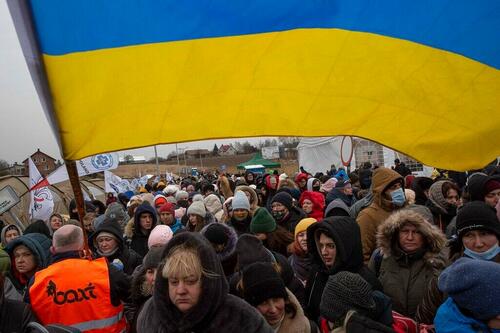
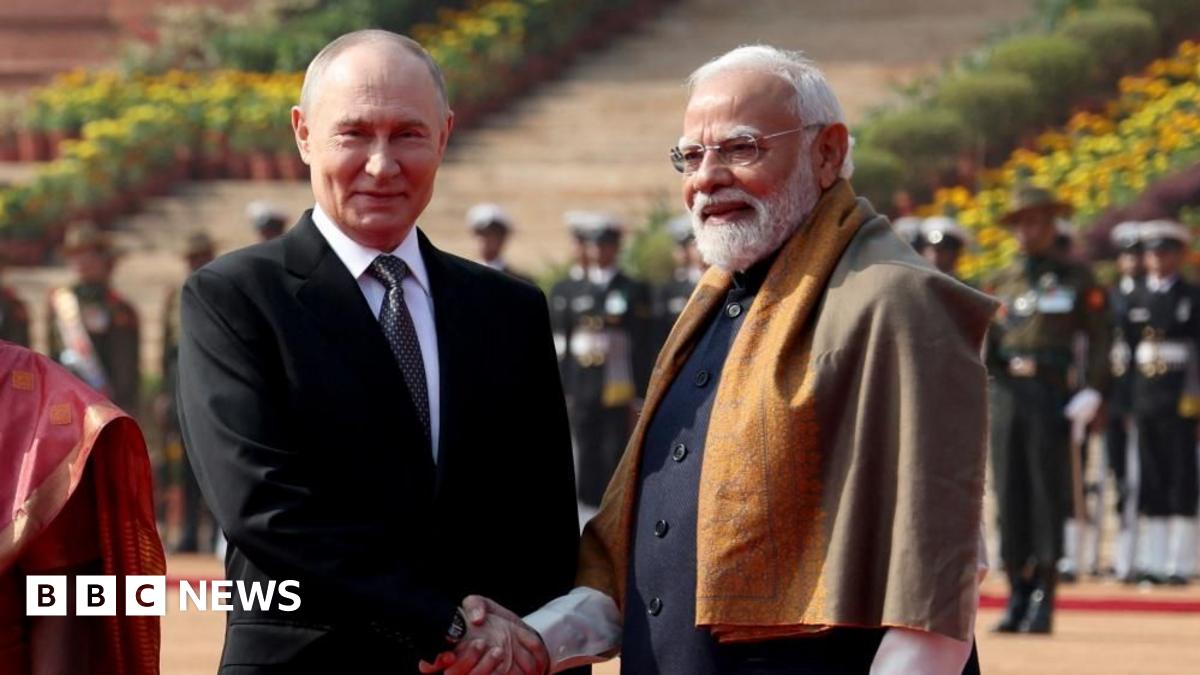


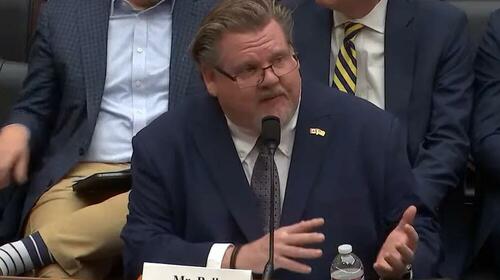
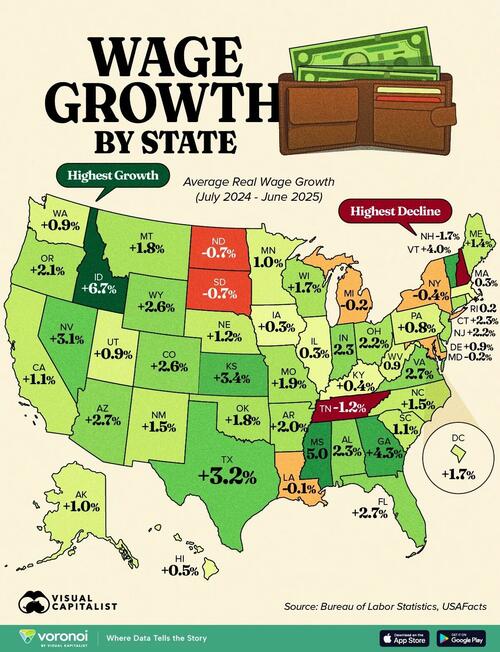
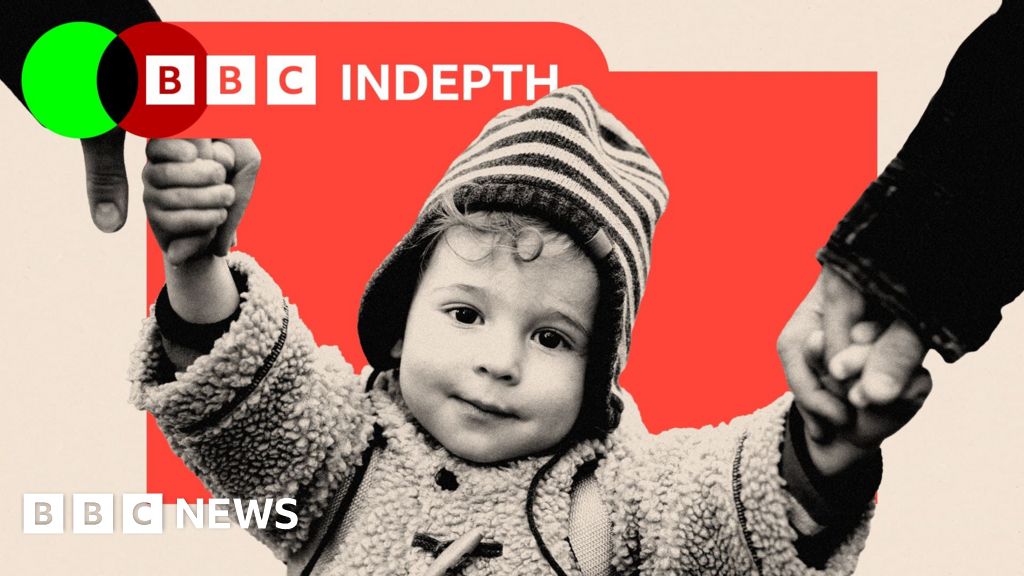
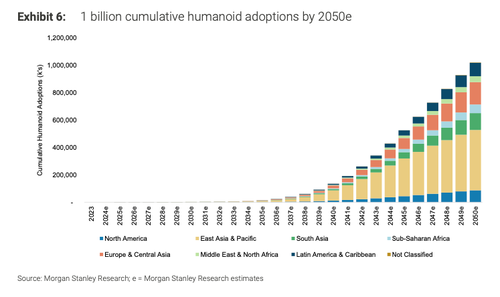

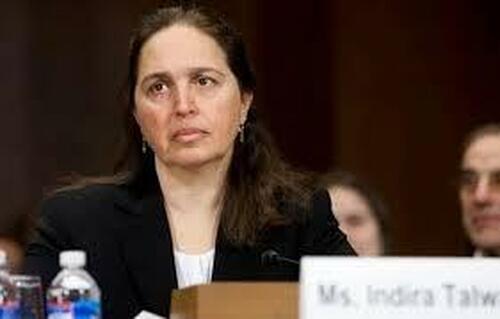
I was born in Alberta 81 years ago! Will I get duel citizenship? And I worked there for a number of years in Alberta, and will I be able to able to apply for a pension for those years?
Myrna Kerr